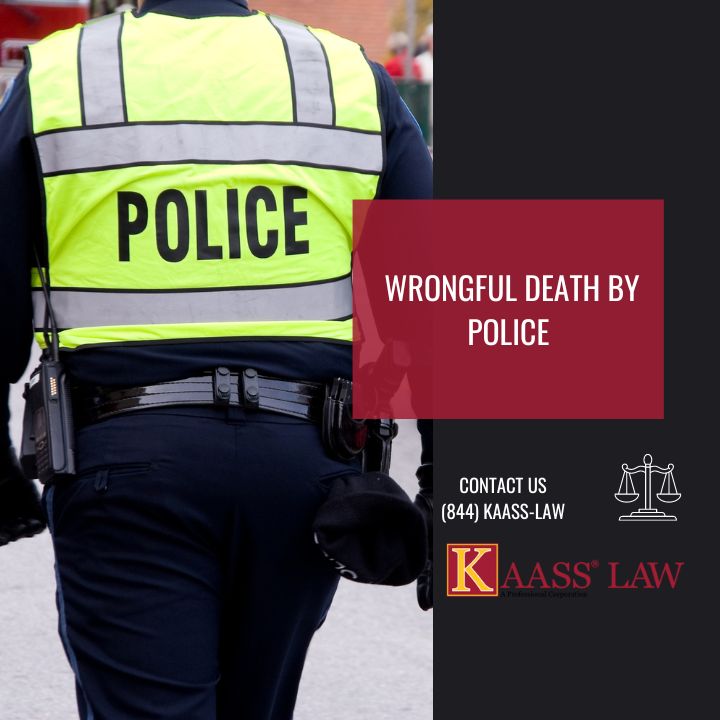Police work is a dangerous and challenging profession. Officers are often called upon to make split-second decisions in high-stress situations. Unfortunately, these decisions can sometimes result in wrongful death. In this blog post, we will discuss the issue of wrongful death in police work, the causes, and the steps that to prevent it.
The Problem of Wrongful Death in Police Work
Wrongful death in police work occurs when an officer’s actions result in the death of an innocent person. These deaths can happen in a variety of situations, such as during a police chase, a traffic stop, or a confrontation with a suspect. When a wrongful death occurs, it can have a devastating impact on the victim’s family and community. It can also have serious consequences for the officer involved and the department as a whole.
Causes of Wrongful Death in Police Work
There are several factors that can contribute to wrongful death in police work, including:
- Lack of proper training. Without proper training, officers may not know how to handle high-stress situations. Also, may not be aware of the latest techniques and technologies for de-escalating conflicts.
- Poor communication. Poor communication between officers or between officers and the public can lead to confusion and misunderstandings, which can escalate into dangerous situations.
- Racial bias. Racial bias can lead to officers treating individuals differently based on their race, which can result in wrongful deaths.
- Use of excessive force. Use of excessive force can result in wrongful death when it is not necessary or proportionates to the threat at hand.
- Poor equipment or technology. Poor equipment or outdated technology can also contribute to wrongful death, as it can limit an officer’s ability to properly assess a situation or respond effectively.
Preventing Wrongful Death in Police Work
To prevent wrongful death in police work, they can take several steps, such as:
- Providing proper training. Officers should receive regular training on the latest techniques and technologies for de-escalating conflicts. As well as training on how to properly handle high-stress situations.
- Improving communication. Departments should implement systems for effective communication between officers and between officers and the public.
- Addressing racial bias. Departments should take steps to address racial bias, such as implementing implicit bias training for officers.
- Limiting the use of excessive force. Departments should establish clear policies on the use of force and ensure that officers are properly trained on when and how to use force.
- Providing proper equipment and technology. Departments should provide officers with the proper equipment and technology to help them properly assess situations and respond effectively.
The Impact on Victims’ Families and Communities
Wrongful death in police work can have a devastating impact on the victim’s family and community. By understanding the causes of wrongful death and taking steps to prevent it, we can help keep officers and the public safe. Proper training, effective communication, addressing racial bias, limiting the use of excessive force, and providing proper equipment and technology are key steps that can be taken to prevent wrongful death in police work. However, it’s important to remember that wrongful death in police work can also be caused by systemic issues. Those issues include a lack of accountability for officers who engage in misconduct, a lack of transparency, and a lack of community trust, addressing these issues is also essential for preventing wrongful death.
Contact Attorney Today!
Police work can sometimes result in wrongful death. In these cases, the family and loved ones of the deceased need to seek legal help to understand their rights and options for seeking justice and compensation. The family needs to take action as soon as possible, as there are statutes of limitations for filing a wrongful death claim. Contact Kaass Law for consultation at 310.943.1171 and visit our website for other practices.

